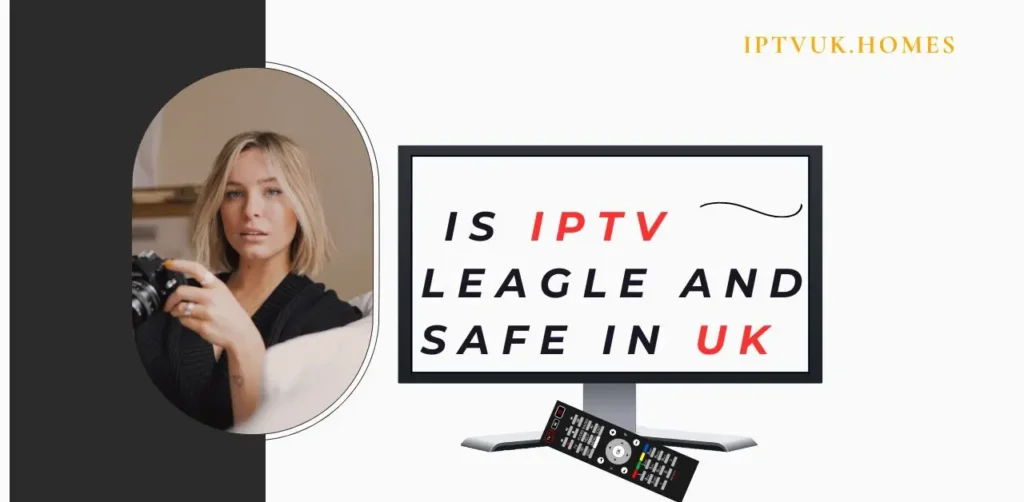
In the United Kingdom, as in many other countries, the legality and safety of using Internet Protocol Television (IPTV) can depend significantly on the specifics of the service you choose to use. Here’s a comprehensive look at the legal landscape and safety considerations for IPTV in the UK.
Understanding IPTV in the UK
IPTV, which stands for Internet Protocol Television, delivers television programming and other video content through the Internet. Unlike traditional terrestrial, satellite, or cable television formats, IPTV offers the ability to stream the source media continuously, which can provide a more personalized and interactive user experience.
Legality of IPTV Services
1. Licensed IPTV Services: Licensed IPTV services are perfectly legal in the UK. These services have secured the rights to broadcast shows, movies, and sports legally and safely. Examples include well-known platforms like BT TV, Sky Go, and Virgin TV Anywhere, which offer IPTV as part of their subscription packages. These services comply with UK broadcasting laws and regulations, ensuring that they operate within the legal framework.
2. Unlicensed IPTV Services: The legality becomes murky when it comes to unlicensed IPTV services. These are often the types of services that offer hundreds or thousands of premium channels at suspiciously low prices. They typically do not have the proper broadcasting rights and are distributing content illegally. Using these services is considered copyright infringement in the UK and can lead to serious legal consequences for both the providers and the users.
Safety and Security Risks
1. Malware and Viruses: Unlicensed IPTV services often pose significant security risks. Because these services operate outside of legal boundaries, their platforms may not follow standard cybersecurity protocols. This exposes users to risks such as malware, viruses, and ransomware, which can be embedded in pirated software or media files.
2. Data Privacy Issues: Using unlicensed IPTV services can also jeopardize your data privacy. Such services may lack proper encryption, exposing your personal information and viewing habits to third parties. Worse, some disreputable services might intentionally harvest your data and sell it to advertisers or worse, cybercriminals.
3. Service Reliability: Licensed IPTV providers typically offer reliable, high-quality streaming experiences, often backed by customer support and service guarantees. In contrast, unlicensed IPTV services can be unreliable; they may suddenly stop working due to legal crackdowns or poor server maintenance.
How to Use IPTV Safely and Legally
To ensure you are using IPTV services legally and safely in the UK, consider the following guidelines:
-
Choose Licensed Providers: Always opt for IPTV services that are properly licensed. These services are legal, and they pay for the content they stream, supporting the creators and industries.
-
Check Provider Reputation: Research the IPTV provider thoroughly. Look for reviews and testimonials from other users and check independent review sites to gauge the provider’s reliability and legality.
-
Be Wary of ‘Too Good to Be True’ Offers: If a service offers extensive premium content at very low prices, it’s likely unlicensed. Legitimate IPTV services will usually charge reasonable rates comparable to other legal streaming platforms.
-
Use Secure Connections: When streaming IPTV, especially if you subscribe to a legitimate service, ensure that your internet connection is secure. Using a VPN can also help protect your privacy and security by encrypting your online activity.
Conclusion
While IPTV presents an innovative and potentially more interactive way to consume media, it is crucial to approach it with caution in the UK. Always ensure that any IPTV service you subscribe to is licensed and reputable to avoid the pitfalls of illegal activity and to protect yourself from security risks. By being informed and cautious, you can enjoy the benefits of IPTV safely and legally.











4 Responses